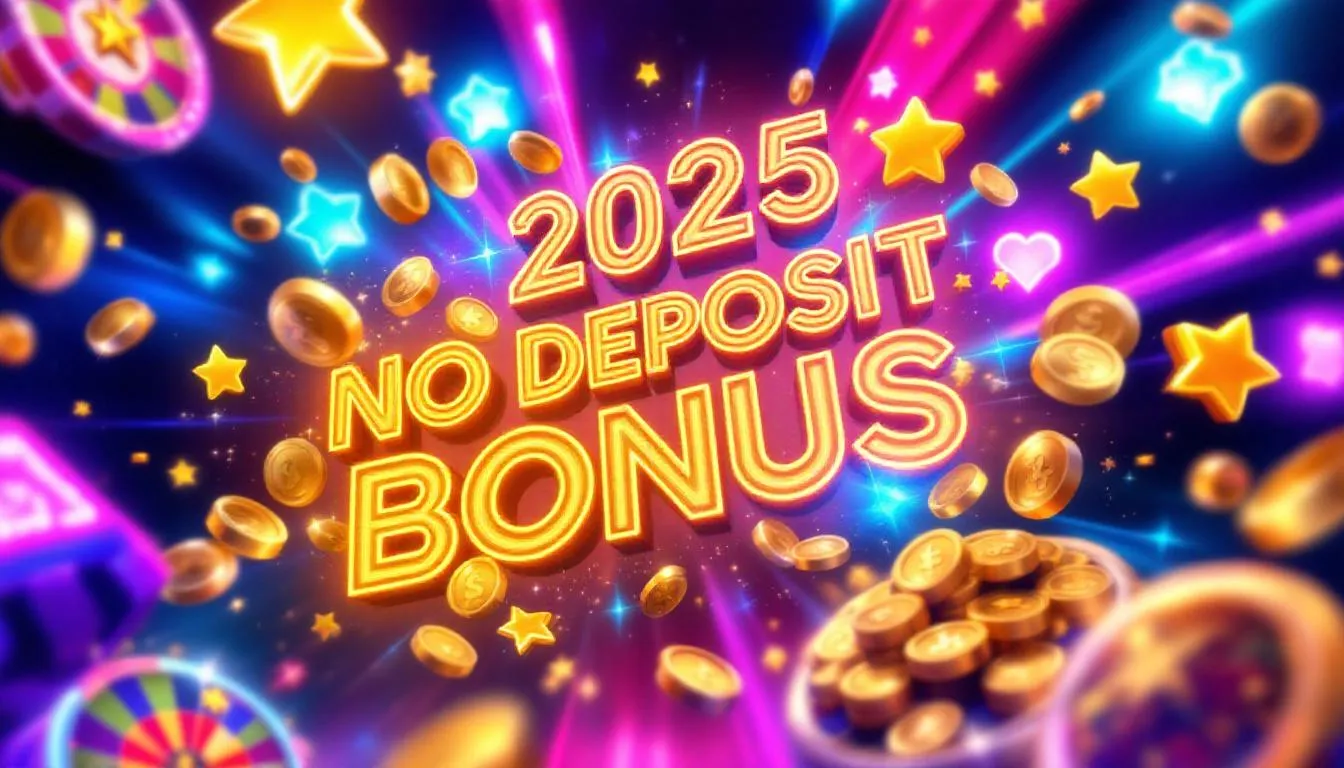

If you're trying to quit for good, having a gambling relapse can be a tough pill to swallow. However, you need to know that this doesn't mean you've failed. In fact, your gambling relapse might just give you the opportunity to grow stronger.
Not convinced? We get that it sounds confusing. But we hope that with this FAQs, we're going to help you understand that a gambling relapse really isn't the end of the world. And it's certainly within your power to regain control over your addiction once again.
Alright, this is going to sound obvious. But we're going to start with the basics here. If you decided to quit gambling for whatever reason (addiction being the most serious), a relapse is when you do it again. This can happen at any point in your recovery journey. It could be just days after you quit. It could even be decades.
This gambling relapse might just be because something in your recovery plan isn't quite right. This is a vital time to reassess what's working and what isn't.
There are so many things that can trigger a gambling relapse. Some common reasons are stress or financial pressure. But even something as trivial as boredom can drive you to gamble after you've quit. One major thing to keep an eye on is your emotional well being. Highs and lows can make you susceptible to a gambling relapse. Identify your unique triggers and you'll be well on the way to avoiding them in future.
The progress you've made on quitting gambling isn't negated by a gambling relapse. This bump on the road is not a permanent failure. In fact, it's extremely normal to relapse before moving into permanent recovery. Accept it, adjust your recovery strategy and move on.
There's no point in sitting around feeling sorry for yourself after a gambling relapse. In fact, that can make the situation worse. Instead, you should take action as soon as you can to make sure this doesn't happen again.
First off, acknowledge that it happened and don't just ignore it. That will make things worse. Your chances of success are far greater if you're honest with yourself.
Next up, talk to a loved one, get some professional support or go to your local Gamblers Anonymous meeting. And find resources on Be Gamble Aware and the National Council for Problem Gambling. Or do a mix of all of these things. The more support you get, the quicker you'll be able to build up your resources and quit for good.
Online gambling is so easy to access that it can be a strong temptation for many and a big reason behind a gambling relapse. So make sure as much temptation is removed as possible. Self-exclude from gambling websites, use gambling blocking software and block gambling ads.
Creating inner peace might sound a bit hippy-ish. But practices like meditation and breathing exercises can really help to diminish unwanted voices trying to encourage you to gamble. Being more mindful in your life is one way you can combat another gambling relapse.
Giving up gambling is rarely, if ever, a straight line. This is just a small interruption and you'll get back to a gambling-free life soon. Put the work in and that life can be yours again.
#AD Bonus Referrer Code is an affiliate of the brands we promote throughout this site. While we strive to maintain accuracy throughout our content, we do receive compensation for this promotion.
© 2025 BonusReferrerCode.com – All Rights Reserved
Worried about your gambling? When the fun stops – STOP!